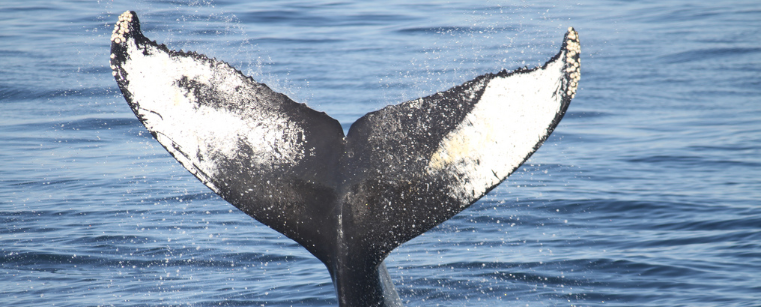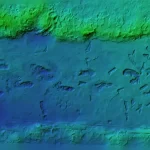New Scientist
Image: kohane
Toothed whales may owe their deep-dive ability to the power of echolocation.
Early whales preyed on nautiluses and squid, which rose to the surface waters only under cover of darkness. To take advantage of this midnight feast, the ancestors of today’s sperm whales evolved to find their prey by echolocation. Once in place, this adaptation allowed whales to track molluscs into the inky depths during the day, say David Lindberg and Nicholas Pyenson of the University of California at Berkeley.
The researchers drew their conclusion after analysing whale fossils, looking for the presence of bones specially adapted for each trait. Early whales from the Oligocene – between 34 and 23 million years ago – had bones conducive to echolocation but not those associated with deep diving (Lethaia, DOI: 10.1111/j.1502-3931.2007.00032.x).








